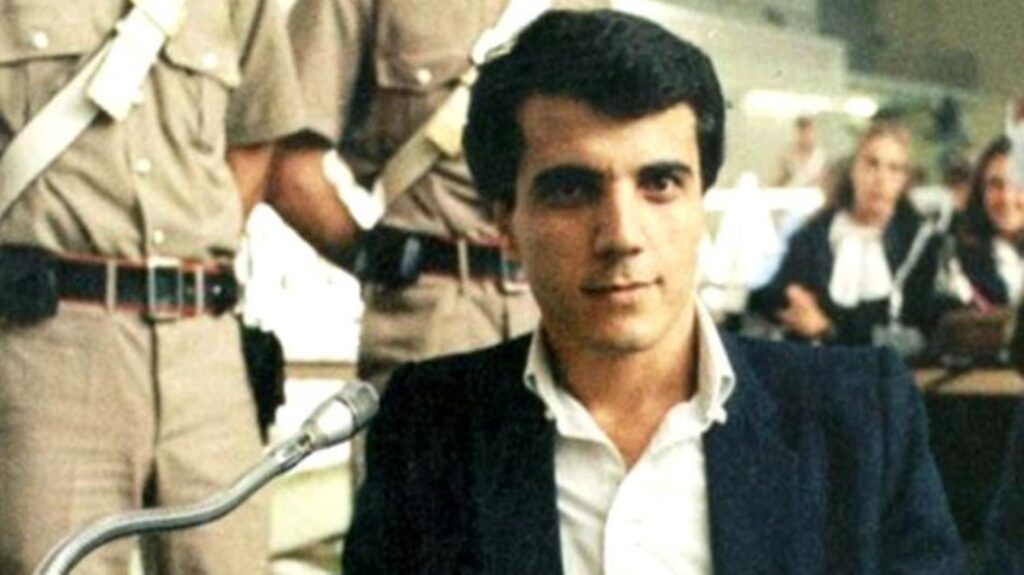The mayor of a central Turkish province from the nationalist opposition Good (İYİ) Party has drawn critics’ ire by renaming a city roundabout after Abdullah Çatlı, a notorious organized crime boss and far-right leader implicated in multiple murders.
The decision was announced by Nevşehir Mayor Rasim Arı on Thursday, during a meeting attended by Çatlı’s brother, Zeki Çatlı, who expressed his gratitude.
“After 28 years, the city council members have demonstrated how they stand by their own,” said Arı, referring to Çatlı’s local roots. Arı emphasized that this act symbolizes a new era for the city.
Abdullah Çatlı was a key figure in the nationalist “Grey Wolves” organization and was implicated in numerous political assassinations during the 1970s and 1980s, including the Bahçelievler Massacre, where seven leftist students were murdered. His criminal activities extended to drug trafficking, leading to his arrest in France and Switzerland before escaping prison.
In 1996 Çatlı died in a car crash that led to a scandal as he was traveling with a senior police chief who was also killed and an MP who was wounded.
Called the Susurluk incident after the town located near the crash site, the fatal accident exposed links between state officials and organized crime bosses and strengthened claims that the deep state had been responsible for the many unsolved murders that mainly took place in the country’s predominantlyKurdish Southeast in the 1990s.
The deep state was alleged to be a group of anti-democratic coalitions within the Turkish political system, including high-level figures from the Turkish military, security agencies, judiciary and mafia.
Zeki Çatlı praised Mayor Arı’s bravery, stating that past administrations failed to honor his brother due to political cowardice. He claimed that the renaming was a tribute to Nevşehir’s “heroes” and defiance against “traitors” who criticized Abdullah Çatlı’s criminal past.
The renaming has ignited widespread backlash. Turkey’s Human Rights Association (İHD) condemned the decision, citing Abdullah Çatlı’s involvement in various crimes and his role in the deep state. The İHD’s letter to the interior minister urged the reversal of the name change, arguing it disrespected the victims of Çatlı’s actions.
Prominent human rights lawyer Eren Keskin also protested. Social media reactions included criticism from journalists and activists, denouncing the glorification of a figure tied to violence and illegal activities.
Despite the controversy, Mayor Arı remains defiant, asserting that the city’s residents will respect the decision.
Çatlı was implicated in the 1979 assassination of journalist Abdi İpekçi. He allegedly aided in the escape of İpekçi’s killer, Mehmet Ali Ağca, who later attempted to assassinate Pope John Paul II in 1981.
Çatlı allegedly orchestrated attacks against Armenian militant group the Armenian Secret Army for the Liberation of Armenia (ASALA) with the National Intelligence Organization’s (MİT) support in the ’80s, while simultaneously engaging in drug trafficking across Europe. Despite being a wanted fugitive, he was protected by the Turkish state, which provided him with multiple identities and official documents.
Çatlı’s funeral was attended by notable far-right figures, and he remains a controversial figure, celebrated by some as a nationalist hero while condemned by others for his criminal activities and role in state-sponsored violence.



